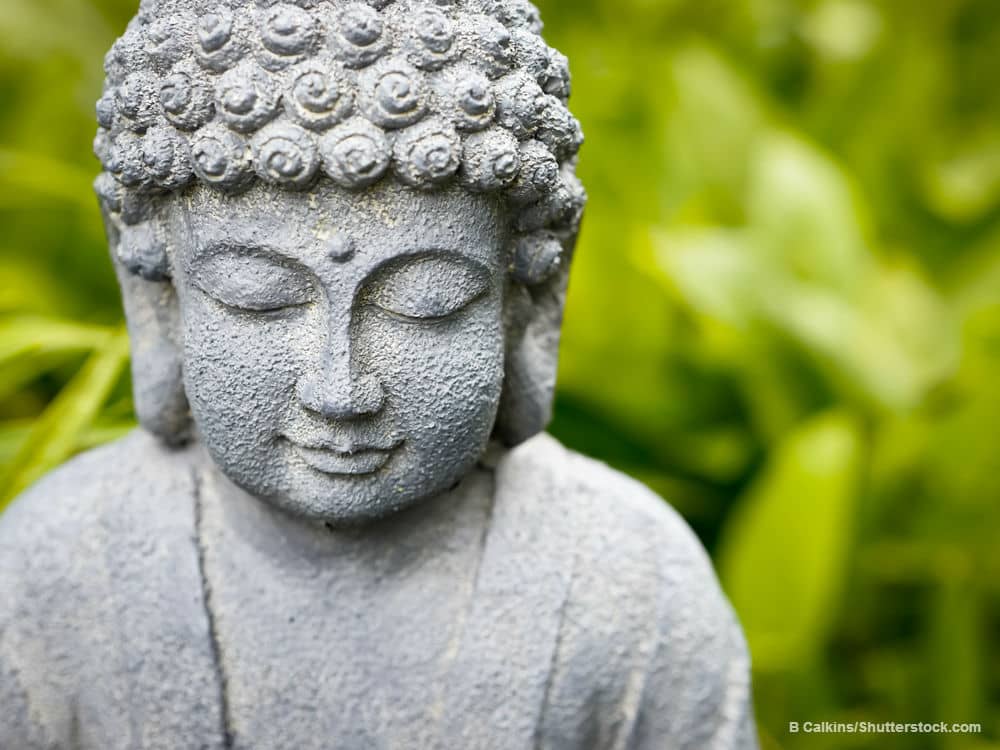Despite international outrage, troops and other officials began destroying images the ultra-fundamentalist Taliban say are contrary to Islam in the capital of Kabul as well as in Jalalabad, Herat, Kandahar, Ghazni and Bamiyan, said Qadradullah Jamal, the Taliban's information minister.
``The destruction work will be done by any means available to them,'' he said.
The main museum in Kabul also contains hundreds of statues Buddha and other Buddhist artwork, which Jamal said will be destroyed as well.
``All the statues all over the country will be destroyed,'' he said.
The Taliban say the ancient Buddhas are idols that contravene monotheistic Islam's strict rules against the appearence of worshipping human forms. Buddhists view the statues as representations or images of the Buddha, the faith's founder, but not idols to be worshipped.
Afghanistan's ancient Buddhas - 175 feet and 120 feet tall - are located in Bamiyan, about 90 miles west of Kabul. The larger Buddha is said to be the world's tallest statue in which Buddha is standing up rather than sitting. Both are remnants of Afghanistan's distant past, when Buddhist and Hindu merchants from India regularly used the ancient Silk Route between China and the Middle East.
The international community, from U.N. Secretary-General Kofi Annan to Afghanistan's closest ally, Pakistan, pleaded for the preservation of the ancient works of art.
``We hope the Afghan government will show the spirit of tolerance enjoined upon by Islam as well as respect for international sentiment in this regard,'' Pakistan, one of only three countries to recognize the Taliban, said in a statement Thursday.
Taliban Foreign Minister Wakil Ahmed Muttawakil on Wednesday said the Islamic militia was unmoved by international concern.
The Taliban, who rule about 95 percent of Afghanistan, espouse a strict brand of Islamic law.
Omar, in his edict ordering their destruction, said that he wanted to ensure the statues were not worshipped in the future.
There are no Buddhists living in Afghanistan today. Other than Muslims, there are only some Hindus and Sikhs, and Muttawakil promised their temples would be protected. Hindu temples contain scores of statues of deities, while Sikh temples have paintings of Sikh gurus, or spiritual leaders.
Afghanistan once had a sizeable Jewish population, but emigration over the years has reduced it to one elderly rabbi, who stays in Kabul to protect a synagogue, which is a small house in the center of the city. He reportedly has been allowed to practice his faith unmolested.

